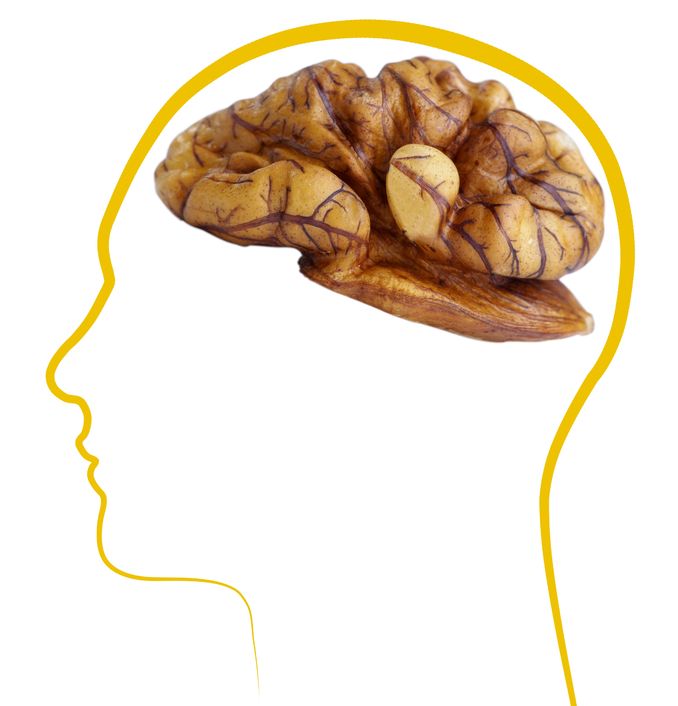8. Pulses
To keep blood sugar levels stable and the brain supplied with fuel, aim to eat at least two portions of pulses a day. The brain is said to be dependent on glucose. It means brain uses only glucose for fuel. Our brain consumes more than five grams an hour, but does not know how to store it. That is why brain has to be regularly supplied by glucose via the circulatory system. The most difficult task within intellectual performance- the capacity to memorize- depends on the blood level of glucose. The complex sugars and those, which have a low glycaemic Index, are crucial. Pulses are full of these complex sugars, and their glycemic index is one of the lowest. It really allows the regulation of glucose in the blood and supplies the brain without creating a reaction of hyperglycemia.
9. Shellfish
The food you eat directly affects performance of your brain. By eating shellfish you will be able to improve your mood and keep your mind active. Though rich in protein and Vitamin B12 it is mostly the oligo elements in crustaceans and seafood that are good for brain function. These elements are crucial for fighting and preventing stress and its inconveniences. Oligo elements can be considered as therapeutic weapons since they have a hand in mental fatigue fighting, anxiety and nervous weakness. Copper, manganese, zinc, lithium and iodine have the same effect and can be found in seafood as well.
10. Red berries
When picking fruit, red berries are the perfect choice. Research studies on blueberry consumption suggest that a large part of cognitive benefits is most likely due to nerve cell protection from oxygen damage by vast array of antioxidant nutrients found in berries. Nerve cells have a naturally high risk of oxygen damage and they need special antioxidant protection at any time in life. Their ability to send impulses throughout the body depends on the balanced oxygen metabolism, and this balance cannot be achieved without taking simply antioxidant nutrients. By decreasing the risk of oxidative stress in the nerve cells, blueberries help to maintain healthy cognitive function and smoothly working nerve cells. All edible berries are veritable mines of Vitamin C (blackcurrants have three times as much concentration in Vitamin C as kiwi fruit, and twice as much as citruses). They have antioxidant micronutrients that make up their color. Together, they not only strengthen blood capillaries and improve circulation, which enable the best oxygenation of the brain, but also fight against free radicals which can affect nerve cells, especially brain cells.
11. Bananas
Perfectly sweet with firm and creamy flesh, banana comes packaged in its own yellow jacket and is available for anyone throughout the year. Rich in magnesium, essential mineral in the transmission of nervous impulses, bananas are a source of Vitamin B6 (one holds practically a quarter of the recommended daily amount). B6 vitamin is not only involved in the assimilation of magnesium, but also in the metabolism of amino acids and the functioning of the nervous system through producing certain neurotransmitters, notably gamma amino butyric acid and serotonin. Both of them create the right state of mind for prudent, calm and measured behavior.




